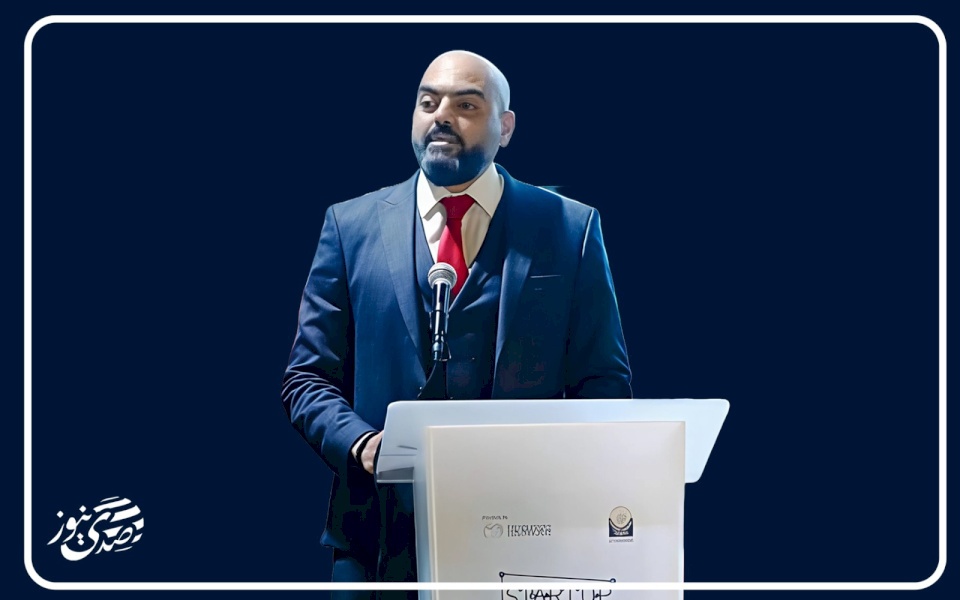
The Coming Economy...
It is no longer possible to engage with the Palestinian economic reality with a daily mentality or with the logic of painkillers that prolong the crisis without ending it. The economic scene, as well as the social and political, is today at a sharp historical crossroads: ongoing war, a suffocating siege, destruction of infrastructure, a radical change in the labor market, and an unprecedented expansion in the circles of poverty and unemployment, especially in Gaza, which is facing a compounded humanitarian and economic disaster.
Nevertheless, despite the bleakness of the moment, rebuilding the Palestinian economy is not a luxury or an emotional discourse, but an existential necessity that transcends the language of slogans to move towards serious planning, bold imagination, and the formulation of a compatible national vision that redefines the role of the economy in protecting society and building its future.
The first step in the path to revival is to shift from crisis management to strategy formulation. A strong economy cannot be built without a clear definition of the role we want Palestine to play in the region, nor without a detailed roadmap that outlines priority sectors, sets measurable and follow-up executive policies, and provides the necessary tools for achieving them. It is not enough to talk about investment to attract investors; investment comes when the world sees a clear vision, institutional stability, executive readiness, and the ability to turn limited resources into opportunities.
This raises the fundamental question: What kind of economy do we want?
Do we want an economy that reproduces itself within circles of stagnation, or a new economy based on digital technology, artificial intelligence, programming, renewable energy, and smart infrastructure?
Do we want traditional industries that consume what remains of our capacity, or modern industries based on innovation, precision manufacturing, and high-value products?
What is the status of Palestinian agriculture in a world where agricultural technology has become a condition for resilience rather than a luxury? Can our agricultural sector continue with methods that go back half a century, while small countries like those in Northern Europe have made advanced agriculture a pivot for exporting knowledge and products together?
The same applies to services, the creative economy, media and content production, engineering and design, all of which can form a real lever if included within a comprehensive economic vision. The question is not: What do we have today? But: What can we produce if we design a new economic model that liberates Palestinian energies inside and outside?
At the heart of this equation comes governance. Who is responsible for planning? How do we ensure implementation? How do we prevent the repetition of experiences that remain confined to reports, conferences, and public relations without turning into policies? Economic revival does not rely on individual initiatives, but on a national institution that thinks, plans, and monitors, and on a government that effectively turns into a board of directors for the national economy, setting goals, monitoring performance, holding accountability, and involving everyone in economic decision-making.
Moreover, the vision must widen to include all of Palestine, from major cities to villages and camps, and from the heart of Ramallah to Rafah, so that municipalities become incubators of local development that operate in the spirit of startups rather than traditional administration. Every municipality should become an economic project that innovates, competes, provides services efficiently, and integrates with the comprehensive national vision.
As for the private sector, it cannot remain a spectator or a prisoner of circumstances. Its role is central in building the new economy, especially through productive partnerships that extend beyond financing to include technology, management, supply chains, and market development. Policies must also be developed to rebuild trust among Palestinian investors abroad and turn remittances from expatriates into sustainable investments and productive projects.
Transitioning from a fragile economy to one that can withstand and innovate is not a dream. It is a path that requires a clear vision, unifying will, breaking old patterns of thought, and moving towards a new Palestinian economic model based on human power, intelligence, innovation, and long-term planning. Only then does investment become a natural choice, and Palestine transforms from a ground of crisis to a ground of opportunity.

With Leaders of His Army and Intelligence Present: Netanyahu Declares "War" on the Negev

Destruction of the Islamic Scene in the West

Media Deception… When Lies Are Cloaked in the Garb of Truth

Gaza Under Siege and Assassinations: Israel's Policy for Managing the Conflict

What is Required from Meladienov

My Friend... Maduro Was Taught a Lesson

The Burden of 2025 on the West Bank

